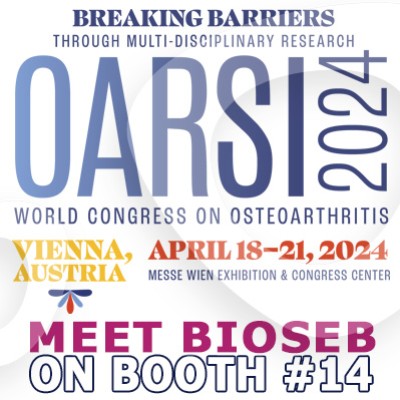Authors
PE Juif, C Salio, V Zell, M Melchior, A Lacaud et al.
Lab
Institute of Cellular and Integrative Neurosciences (INCI), Centre National de la Recherche Scientifique, University of Strasbourg, 5 Rue Blaise Pascal, F-67084, Strasbourg, France.
Journal
Eur J Neurosci.
Abstract
The nociceptive system of rodents is not fully developed and functional at birth. Specifically, C fibers transmitting peripheral nociceptive information establish synaptic connections in the spinal cord already during the embryonic period that only become fully functional after birth. Here, we studied the consequences of neonatal maternal deprivation (NMD, 3 h/day, P2-P12) on the functional establishment of C fiber-mediated neurotransmission in spinal cord and of pain-related behavior. In vivo recording revealed that C fiber-mediated excitation of spinal cord neurons could be observed at P14 only in control but not in NMD rats. NMD was associated with a strong alteration in the expression of growth factors controlling C nociceptor maturation as well as two-pore domain K+ channels known to set nociceptive thresholds. In good agreement, C-type sensory neurons from NMD animals appeared to be hypoexcitable but functionally connected to spinal neurons, especially those expressing TRPV1 receptors. In vivo and in vitro recordings of lamina II spinal neurons at P14 revealed that the NMD-related lack of C fiber-evoked responses resulted from an inhibitory barrage in the spinal cord dorsal horn. Eventually, C-type sensory-spinal processing could be recovered after a delay of about 10 days in NMD animals. However, animals remained hypersensitive to noxious stimulus up to P100 and this might be due to an excessive expression of Nav1.8 transcripts in DRG neurons. Together, our data provide evidence for a deleterious impact of perinatal stress exposure on the maturation of the sensory-spinal nociceptive system that may contribute to the nociceptive hypersensitivity in early adulthood.

 Pain - Thermal Allodynia / Hyperalgesia
Pain - Thermal Allodynia / Hyperalgesia Pain - Spontaneous Pain - Postural Deficit
Pain - Spontaneous Pain - Postural Deficit Pain - Mechanical Allodynia / Hyperalgesia
Pain - Mechanical Allodynia / Hyperalgesia Learning/Memory - Attention - Addiction
Learning/Memory - Attention - Addiction Physiology & Respiratory Research
Physiology & Respiratory Research
 Pain
Pain Metabolism
Metabolism Motor control
Motor control Neurodegeneration
Neurodegeneration Cross-disciplinary subjects
Cross-disciplinary subjects Muscular system
Muscular system General activity
General activity Mood Disorders
Mood Disorders Other disorders
Other disorders Joints
Joints Central Nervous System (CNS)
Central Nervous System (CNS) Sensory system
Sensory system